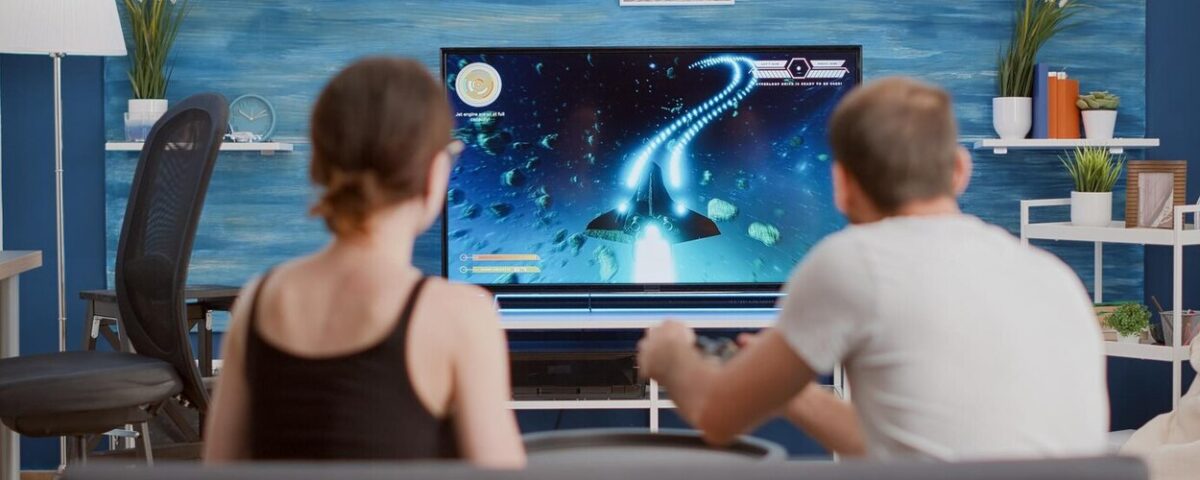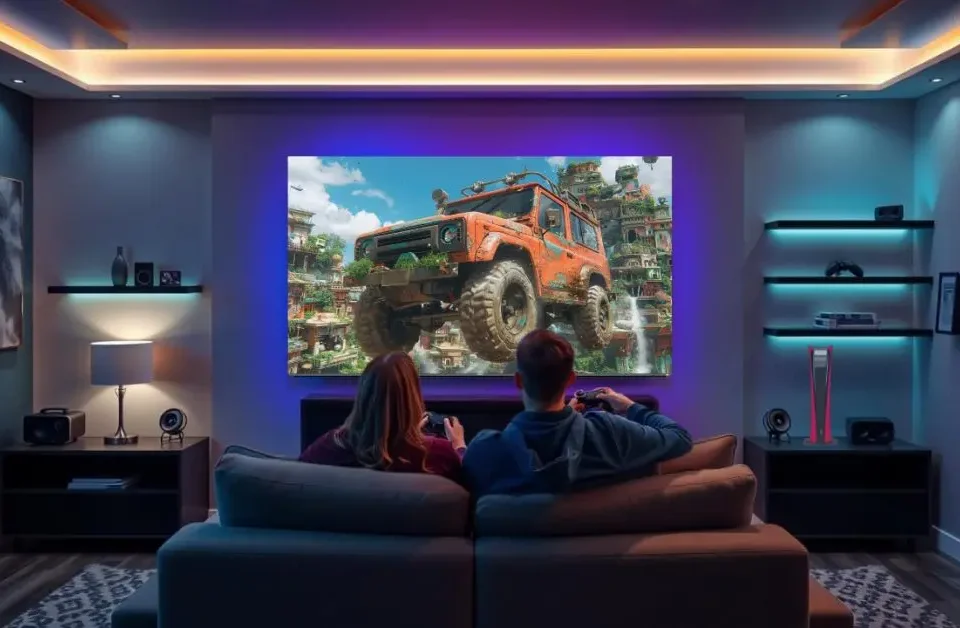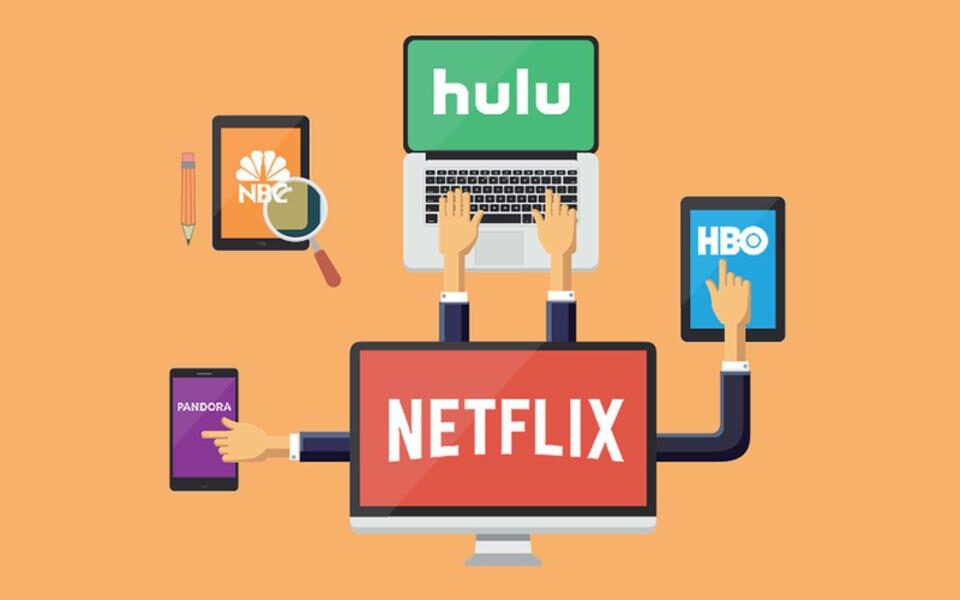The Future of Television: Interactive and Personalized Online Viewing

How Smart TVs Are Bringing Gaming Into the Living Room
August 26, 2025Introduction
Television is no longer a passive experience. With online streaming, personalization, and interactive storytelling, the medium has transformed into something dynamic and adaptable. Today’s TV doesn’t just broadcast content—it learns, responds, and adapts to individual viewers. As technology continues to evolve, the future of television promises even more: interactive shows, virtual reality integration, AI-driven recommendations, and immersive storytelling.
From Passive Viewing to Interactive Storytelling
In the past, watching TV meant sitting back and consuming whatever networks decided to air. The rise of streaming shifted control to viewers, but now the next leap is interactivity. Netflix pioneered this with Black Mirror: Bandersnatch, where viewers made choices that shaped the narrative. Other platforms are experimenting with quizzes, polls, and interactive documentaries.
This shift makes TV feel less like a one-way medium and more like a conversation. Imagine watching a cooking show where you can click to see recipes in real-time or a travel show that lets you book trips directly from your screen. Online TV is no longer just about watching—it’s about participation.
AI and Hyper-Personalization
Artificial intelligence is playing a major role in shaping the future of TV. Algorithms already recommend content based on your viewing history, but soon they may go much further. AI could:
- Tailor trailers to highlight the scenes you’d enjoy most.
- Adjust pacing or even edit episodes based on your preferences.
- Create personalized playlists of shows and movies across multiple platforms.
This level of personalization makes every TV experience unique. However, it also raises concerns about “filter bubbles,” where viewers are exposed only to content similar to what they already like. Balancing personalization with discovery will be one of TV’s biggest challenges moving forward.
Virtual and Augmented Reality: Stepping Inside the Screen
Another frontier is virtual reality (VR) and augmented reality (AR). Instead of just watching a series, imagine walking inside it with a VR headset. Sports fans could experience courtside views of basketball games, while movie lovers could immerse themselves in entire fictional worlds.
AR could also enhance everyday viewing. Watching a home renovation show? AR might project design ideas directly into your living room through your TV. This blending of real and virtual worlds will redefine what “television” even means.
Integration With Smart Homes
Future TVs won’t just be entertainment devices—they’ll be control centers for smart homes. Already, many Smart TVs integrate with Alexa, Google Assistant, and Apple HomeKit. In the future, this could expand to controlling lighting, temperature, security, and even shopping directly from your TV interface.
Imagine watching a fashion show and ordering an outfit directly from the screen, or adjusting your home lighting to match the mood of a movie scene. The TV of tomorrow will be a gateway to the broader digital ecosystem of your household.
Social and Community Experiences
Online TV is also becoming more social. Platforms like Disney+ and Prime Video already offer Watch Party features, allowing friends and family to stream together remotely. In the future, these shared viewing experiences may become more immersive, with real-time chat, reactions, or even avatars interacting in virtual spaces.
This will make TV less of a solitary activity and more of a connected, community-driven experience—bridging physical distances through shared entertainment.
Challenges and Concerns
With all these innovations, challenges remain. Issues like data privacy, subscription fatigue, and content overload continue to affect viewers. Interactive content and AI-driven personalization require large amounts of user data, which raises questions about how securely it’s managed.
Additionally, the sheer number of platforms and subscription costs could alienate some audiences. The industry will need to find balance—delivering innovation while keeping entertainment accessible and affordable.
Conclusion
The future of television is not just brighter screens or higher resolutions—it’s smarter, more interactive, and deeply personal. From AI-driven recommendations to VR experiences, from social watch parties to smart home integration, TV is evolving into something far greater than a box in the corner of the room.
We’re entering an era where television adapts to us—our tastes, moods, and lifestyles. The future promises not just to entertain us but to engage us in ways we never imagined. Online TV isn’t just shaping the present; it’s building the future of storytelling, connection, and digital living.





